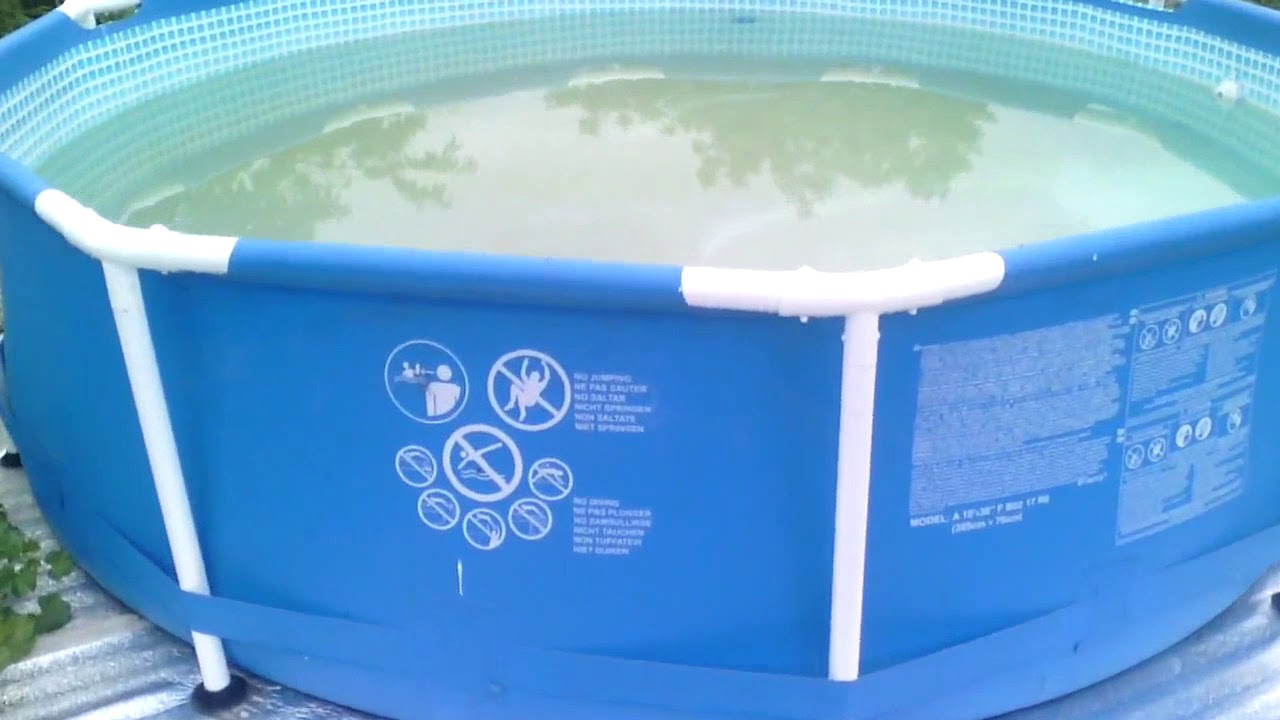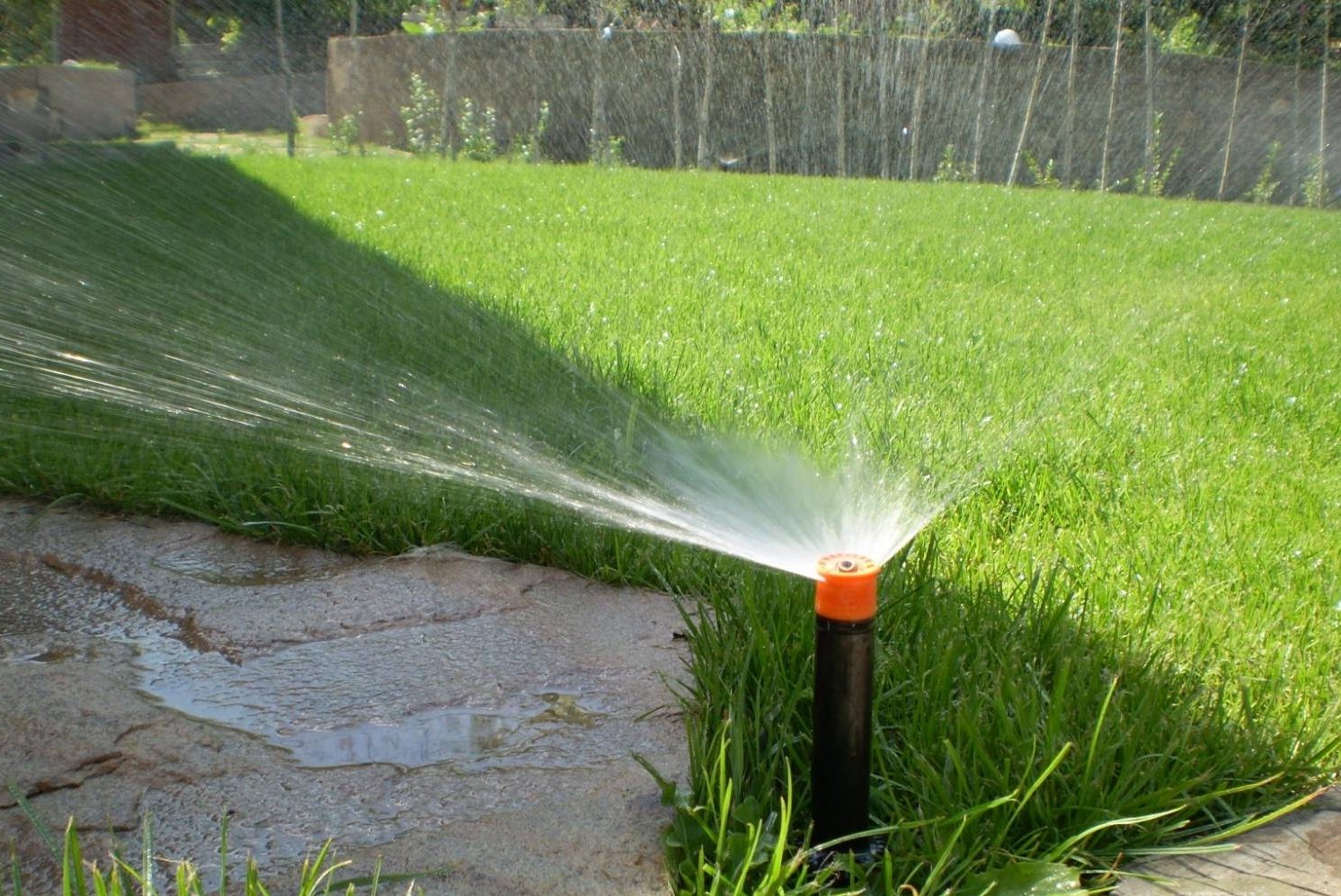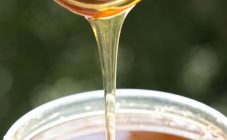Content:
Often, the owners of garden and summer cottages wonder whether it is possible to water the plants with water from the pool. In reservoirs, it is standing, therefore it needs regular cleaning from harmful substances of organic and inorganic origin. The treatment is carried out with various chemicals. Will such a liquid be useful for plants or will it cause irreparable harm to the culture? Is the pool water suitable for watering the garden? This is what this article will discuss.
How the pool is processed
The cleaning procedure is carried out by 2 methods, namely by:
- biological disinfection;
- mechanical cleaning.
The first method removes organic pollutants such as algae, fungus, sweat and fatty secretions, bacteria, etc. For this purpose, the following are used:
- chlorination;
- electrolysis;
- ultraviolet irradiation;
- ozonation.
The first method is the most costly, but at the same time the most effective. With the help of a chlorine composition, not only the liquid is cleaned, but also the walls of the pool. The last 3 methods are aimed only at disinfecting the liquid itself. Often the reservoir is treated with hydrogen peroxide. In most cases, a combined treatment of a liquid and a reservoir is used, which includes all of the above disinfection methods.
If algae begin to multiply in the tank, the liquid is treated with algicide. Since plants are actively developing in an environment with organic impurities, in order to fully clean the pool, the tank should be treated from this kind of contaminants. You also need to clean the pool from inorganic particles, since organic matter remains on them.
Impact of pool water on plant health
Since the pool fluid can contain chlorine and hydrogen peroxide as a result of cleaning, it is necessary to find out what effect these substances have on plants, whether they are useful or harmful.
Chlorine is harmless in small amounts, given that ordinary tap water is always chlorinated. Therefore, there is nothing out of the ordinary here. However, excess substance can lead to burns on young leaves, moreover, the plates become pale yellow, almost colorless. Also, a large amount of chlorine is the reason for the impossibility of rooting seedlings and seed germination. The high content of the chemical has a detrimental effect on the rate of cultural development.
As for hydrogen peroxide, the substance has a beneficial effect on plants. It is able to bring the composition of home water closer to natural, which the plants receive as a result of melting snow and rainfall. Atomic oxygen, which is part of the substance, not only contributes to soil disinfection, but also supplies the culture with oxygen.
Is it possible to water the lawn, garden and vegetable garden with water from the pool
Can plants be watered from a hydrogen peroxide pool? If the water has been treated with this substance, then it is quite possible to water seedlings with it, including flowers, tomatoes, cucumbers, garlic, etc. It is also recommended to irrigate with water containing hydrogen peroxide, add top dressing with such a composition.
Can plants be watered with chlorinated water? If the liquid contains a large amount of bleach, it is recommended to wait a few days until it wears off, and only then water the lawn, garden or vegetable garden with it. Otherwise, residual chlorine will have a negative impact on the seedlings. In addition, the substance kills beneficial microorganisms that are in the soil and helps plants absorb nutrients from it.
If the tank was cleaned by ozonation, then such water will be beneficial for plants. The fact is that ozone quickly takes the form of dissolved oxygen, which has a good effect on crops.
It is also worth noting that too salty watering liquid is categorically unsuitable.
Thus, the answer to the question of whether it is possible to water the garden with water from the pool is obvious - it is quite permissible to do this, and in some cases it is even recommended.














